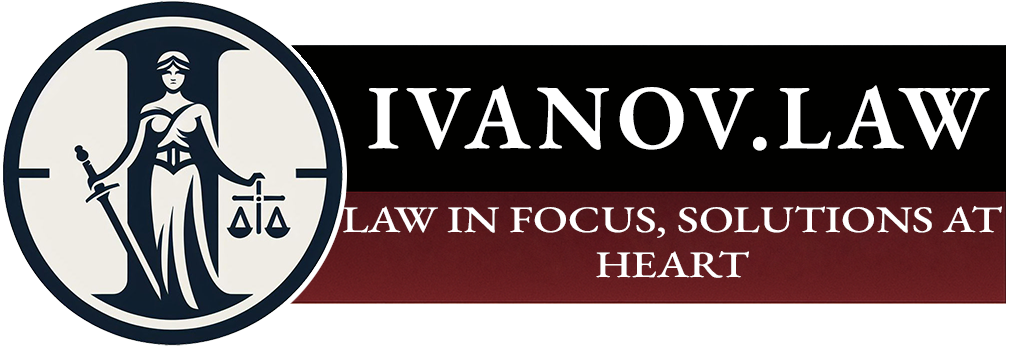GmbH Financing: When the Cash Register Dances Itself
I. The Dilemma of Starting a New Business
Welcome to the fascinating world of entrepreneurship,
where every decision writes a new chapter. Such a chapter begins with the
establishment of a GmbH (limited liability company). Often, founders aim to
contribute a private loan to the GmbH to fulfill their capital obligation. In
this context, founders frequently ponder whether they should grant a loan to
the company so that the corresponding interest can be paid by the GmbH. Sounds
interesting, doesn’t it? Does the founder need a loan agreement with the GmbH?
What are the legal implications, and what should be considered?
II. Share Capital and Capital Obligation in the
Spotlight
The German GmbH law establishes clear rules –
contributions must be made in cash or in kind. A shareholder loan to the
company to fulfill the capital contribution obligation? Well, that doesn’t
usually dance to the rhythm of the legal requirements because a loan is a
repayable debt burden. Therefore, a loan generally cannot be considered a
contribution since it is a liability that must be repaid, not a permanent
capital participation in the GmbH. The capital obligation according to the GmbH
law is intended to ensure that the GmbH has sufficient equity to cover its
liabilities. In the described scenario, a loan agreement between the
shareholder and the GmbH is therefore not advisable.
Save time and money and seek professional advice.
Schedule an appointment with us today!
A small addition:
A shareholder loan is a very popular form of financing where a shareholder grants a loan to the GmbH. This has the advantage that it is generally much simpler and less expensive than a capital increase. Moreover, a loan from the shareholder is available more quickly and is granted without or with lower collateral. However, certain details need to be considered, such as the prohibition of self-dealing, third-party comparison in interest agreements, avoiding violations of the repayment prohibition, preventing concealed profit distributions, avoiding the obligation to recognize the loan as a liability in the insolvency balance sheet, etc.




